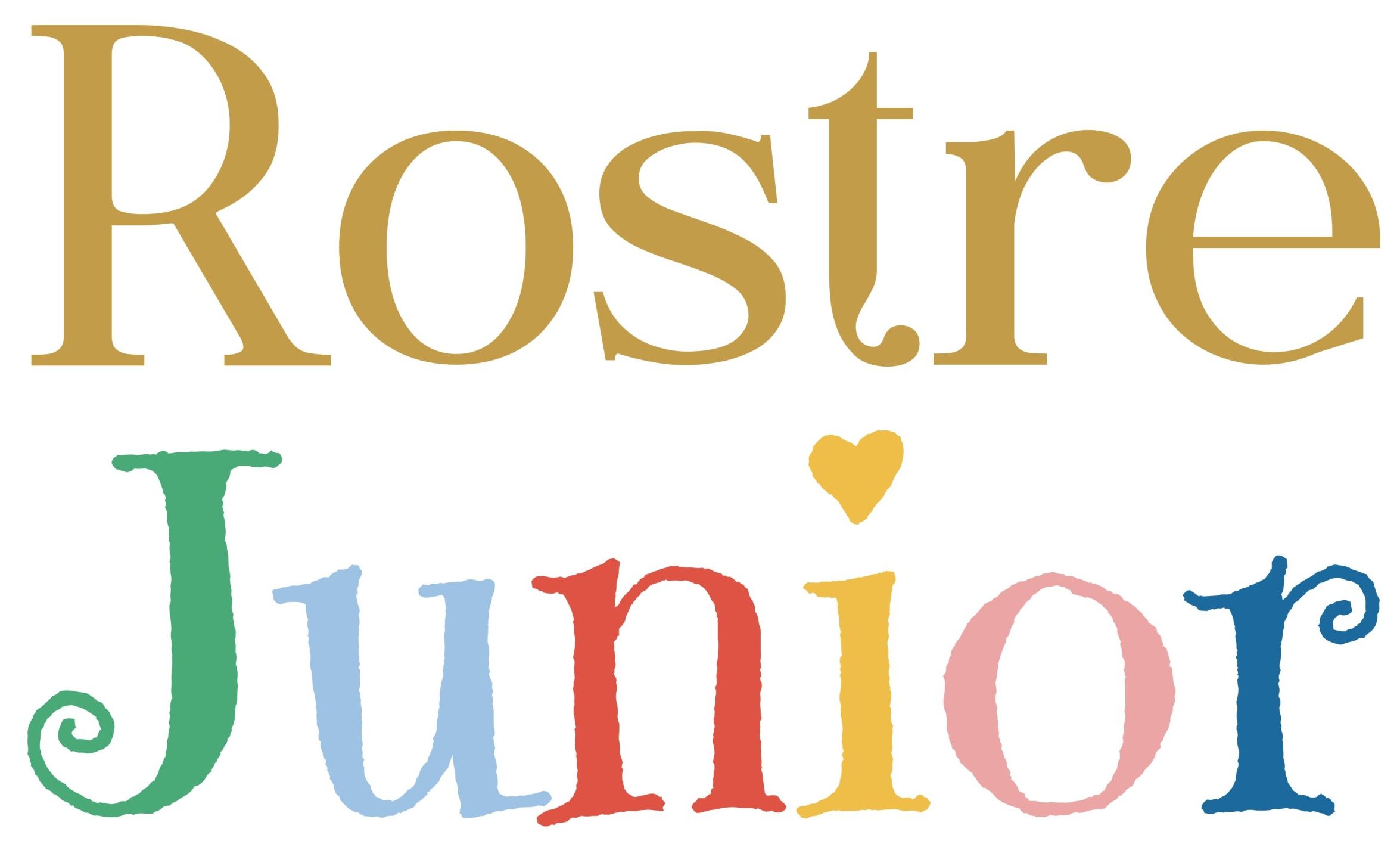As parents, we strive to create environments where our children can thrive. One of the most impactful ways to achieve this is by maintaining organized spaces for our kids. Whether it’s their bedroom, playroom, or study area, an orderly environment can significantly contribute to their overall development. Here are some compelling benefits of organized spaces for kids:
1. Enhanced Focus and Concentration
A clutter-free space can significantly improve a child’s ability to focus and concentrate. When their surroundings are neat, children are less likely to be distracted by unnecessary items. This is particularly important during study or homework time, where a clean and organized desk can make a big difference in their ability to complete tasks efficiently.
2. Encourages Responsibility and Independence
When children are taught to organize their own spaces, they learn valuable life skills such as responsibility and independence. Assigning them specific tasks like putting away toys, organizing books, or tidying up their bed helps them understand the importance of taking care of their belongings. Over time, this fosters a sense of pride and ownership in their personal space.
3. Reduces Stress and Anxiety
Just like adults, children can also feel overwhelmed by clutter. A disorganized space can lead to feelings of stress and anxiety, making it difficult for them to relax and enjoy their environment. By maintaining an orderly room, you create a calming atmosphere that can help reduce stress levels and promote a sense of well-being.
4. Boosts Creativity
An organized space can be a catalyst for creativity. When children have a designated area for their activities, they are more likely to engage in imaginative play, arts and crafts, or other creative endeavors. With everything in its place, they can easily find the materials they need, which encourages spontaneous and innovative thinking.
5. Improves Time Management
Teaching kids to keep their spaces organized can also enhance their time management skills. When children know where their belongings are, they spend less time searching for items and more time engaging in productive activities. This habit can translate into better time management as they grow older, helping them prioritize tasks and manage their schedules effectively.
6. Promotes Healthy Habits
Organized spaces can also promote healthy habits in children. For example, having a tidy and clean room can encourage better hygiene practices, such as regularly washing hands, putting dirty clothes in the laundry, and maintaining a clean environment. These habits can have a positive impact on their overall health and well-being.
7. Facilitates Learning
A well-organized study area can enhance a child’s learning experience. With easy access to books, stationery, and other educational materials, children are more likely to engage in academic activities. An organized space reduces distractions and helps them stay focused on their studies, leading to improved academic performance.
Practical Tips for Maintaining Organized Spaces
- Involve Your Child: Make organizing a fun and collaborative activity. Involve your child in the process of sorting and organizing their belongings.
- Use Storage Solutions: Invest in practical storage solutions like stackable storage units, shelves, and bins. Labeling these storage options can also help children identify where items belong.
- Create a Routine: Establish a daily or weekly routine for tidying up. Consistency is key to maintaining an organized space.
- Set an Example: Children often mimic the behavior of their parents. Demonstrate the importance of organization by keeping your own spaces tidy.
Conclusion
Organized spaces offer numerous benefits for children, from enhancing focus and creativity to promoting responsibility and healthy habits. By fostering an orderly environment, you provide your child with the tools they need to succeed both now and in the future. Start small, involve your child in the process, and watch as the positive effects of an organized space unfold.
